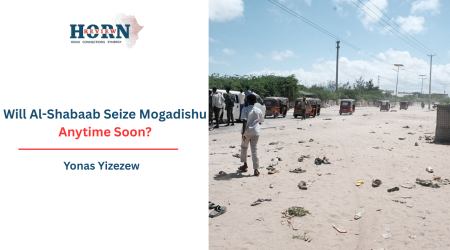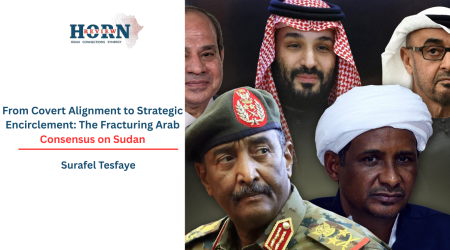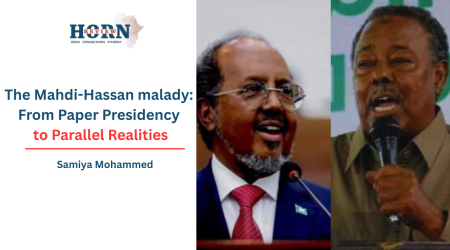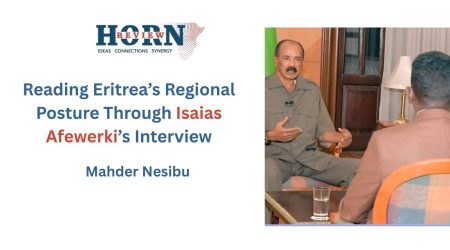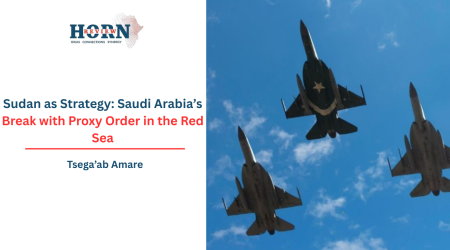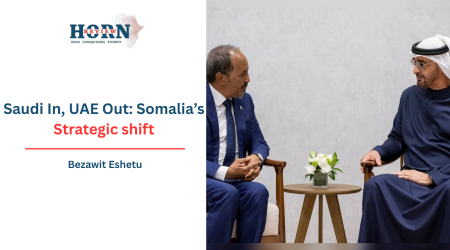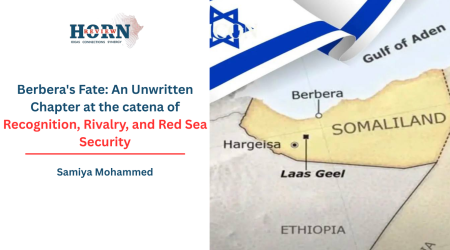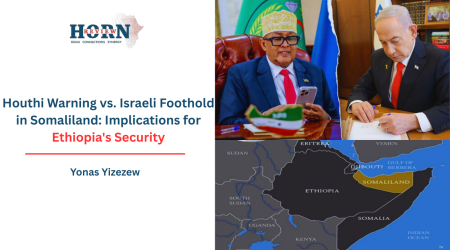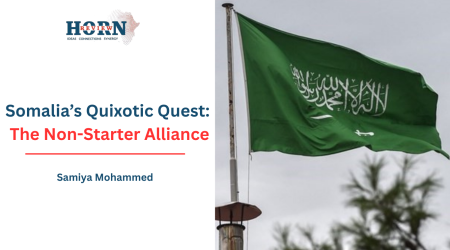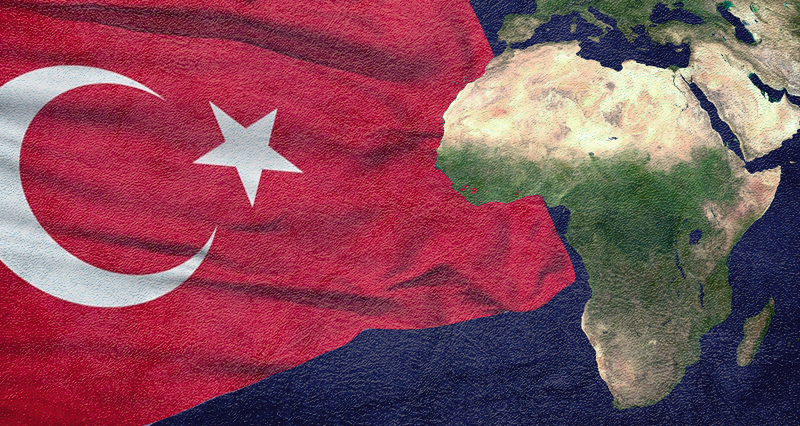
30
Jan
Turkey’s Grand Play in the Horn of Africa: A Rising Power in a Contested Region
Turkey’s growing footprint in the Horn of Africa signals a calculated foreign policy shift, one that blends economic investment, military expansion, and diplomatic mediation. As a rising Global South actor, Ankara is carving out influence in a region where global powers like the U.S., China, and Gulf states have long competed. The Horn of Africa, comprising Somalia, Djibouti, Ethiopia, and Eritrea, occupies a critical position along global trade routes, making it a prime target for Turkey’s geopolitical ambitions.
Economic Expansion: Building Influence Through Trade and Infrastructure
Turkey’s engagement in the region took off in 2011 with humanitarian aid during the Somali famine. However, what began as a relief effort soon evolved into a long-term economic partnership. Turkish companies now dominate infrastructure projects, including the modernization of Mogadishu’s Aden Adde International Airport and its seaport, positioning Somalia as a key trading hub. Turkish goods flood local markets, underscoring the success of Ankara’s economic diplomacy.
Military and Security Strategy: A Key Player in Regional Stability
Turkey’s largest overseas military base is in Mogadishu, reinforcing its strategic commitment to regional security. This base not only trains Somali forces but also provides Ankara with a crucial foothold in Africa, aligning Turkey with counterterrorism efforts. By bolstering Somalia’s military capabilities, Turkey positions itself as a stabilizing force while simultaneously expanding its defense influence in the region.
Diplomatic Ties: A Peacemaker or a Power Player?
Ankara’s diplomatic approach extends beyond bilateral relations. Turkey actively mediates conflicts and fosters cooperation, strengthening intelligence-sharing agreements and counterterrorism alliances. The Ethiopia-Somalia partnership and Turkey’s neutral role in Sudan’s internal crises illustrate its ability to navigate complex political landscapes while consolidating its influence.
Geopolitical Ripples: Challenging the Global Powers
Turkey’s rising influence directly challenges established players like the U.S., China, and the Gulf states, each with their own competing interests. While China relies on investment-heavy strategies and Gulf nations wield resource-driven influence, Turkey’s approach blends soft power, economic aid, and military presence. Ankara’s ambitions also fuel rivalry with Saudi Arabia and the UAE, as Turkey positions itself as a dominant force in both African and Islamic geopolitics.
Obstacles Ahead: Political Risks and Global Competition
Despite its strategic gains, Turkey faces considerable challenges. Political instability, armed conflicts, and diplomatic rivalries threaten its long-term objectives. Accusations of interference and regional tensions could also undermine Turkey’s efforts to cement its position in the Horn of Africa. Maintaining influence in such a volatile landscape requires a delicate balance of diplomacy, security strategy, and economic resilience.
A Power on the Rise
Turkey’s aggressive push into the Horn of Africa, through infrastructure, military presence, and diplomatic engagement, marks a new era of geopolitical competition in the region. From the Ethiopia-Somalia agreement to Sudan’s political crisis, Ankara has positioned itself as a key player. However, its ability to sustain this influence will depend on navigating the region’s instability while countering the ambitions of other global powers. The Horn of Africa is no longer just a battleground for traditional superpowers, it is now a stage for Turkey’s rise as a global contender.

